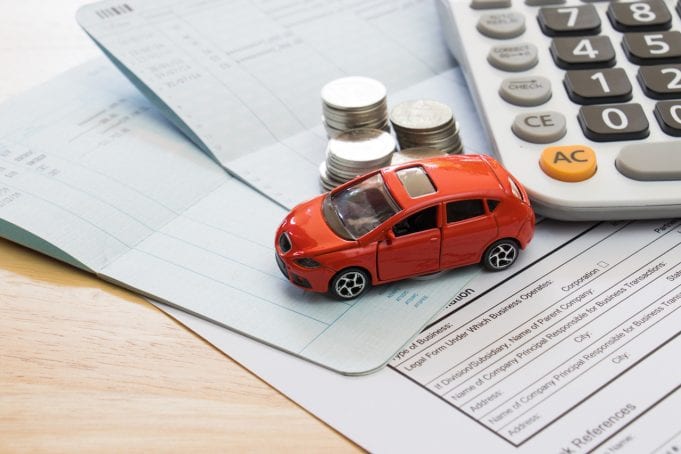There comes a point in everyone’s life where they desire to own a new car. While driving a new car is an incredible experience, vehicles are one of the biggest purchases a person can make. Since most people can’t pay off a car all at once, financing is the only clear option. It is vital to understand the best ways to get a favorable loan before you get to the dealership. With a bit of planning, you can get an excellent deal when you finance your new car.
Know Your Credit Score
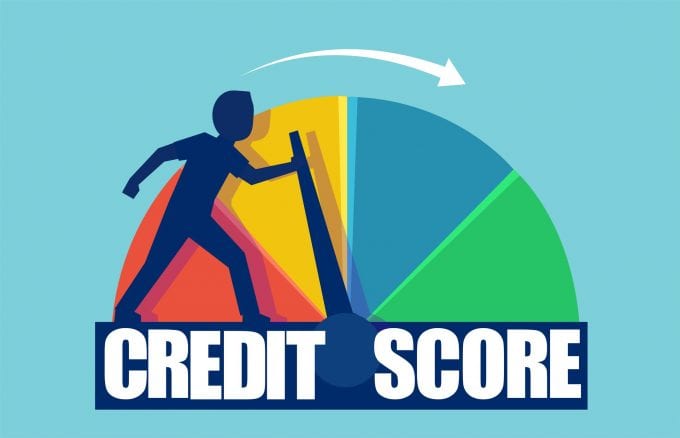
Your credit rating is one of the most important aspects of financing anything. Your credit score determines what loan options you will have. Compared to a mortgage or personal loan, you can get a car loan pretty easily despite having bad credit. That’s because it is fairly easy for a creditor to repossess your car should you default on the loan. The kicker is that you will generally pay more in interest if you have a low score – if you can even secure a loan at all.
The best rates are given to people with credit scores of at least 750. If your credit is between 700 and 749, you can still get a decent rate. However, loan rates skyrocket once someone’s credit drops below 700. Some banks offer auto loans with 10% interest to people who are in really bad shape.
There are companies like New Roads Auto Loans, however, that specialize in offering auto loans to those who suffer from bad credit. It would be wise to explore those sorts of opportunities if you’re working your way through bad credit.
Get Other Financing Quotes First
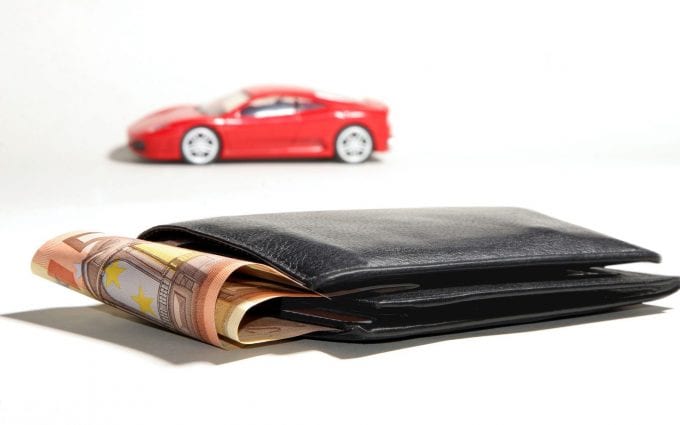
If your credit isn’t where it needs to be, there is still one thing you can do to improve your loan terms. Shop around online for some of the best financing quotes currently available. Once you find a solid rate, bring a record of it along to the dealership. This forces the dealer to offer a competitive deal based on what you present. When the dealer gives you a better term, you can safely back out of any online loan application.
You can also go to a bank and try to use a pre-arranged financing agreement. This is a great way to negotiate a very low-interest rate. Banks love to offer better loans than the car salesperson. This is another great way to force the dealer’s hand into giving you a better rate.
Keep The Term As Short As You Can Possibly Afford
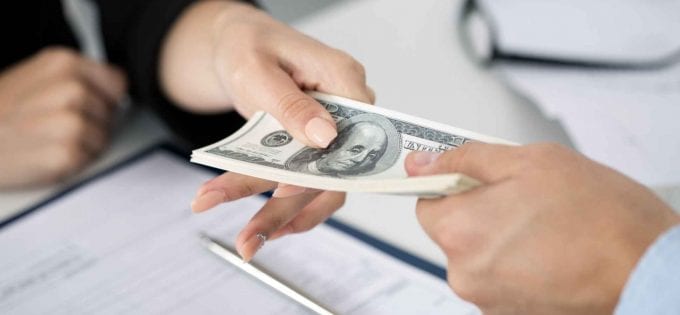
One of the reasons cars are so expensive is just how long it takes some people to pay them off. An overwhelming majority of people only focus on the monthly payment they will incur. They try to get a lower payment by extending the loan term out over 6-7 years. Although this makes each monthly payment smaller, you pay dramatically more interest in the car over time. The best thing you can do is go for a short loan of around three or four years. You’ll be very happy you scraped a few more dollars together each month when your car is paid in full just a few dozen months later.
Make The Down Payment As Large As Possible
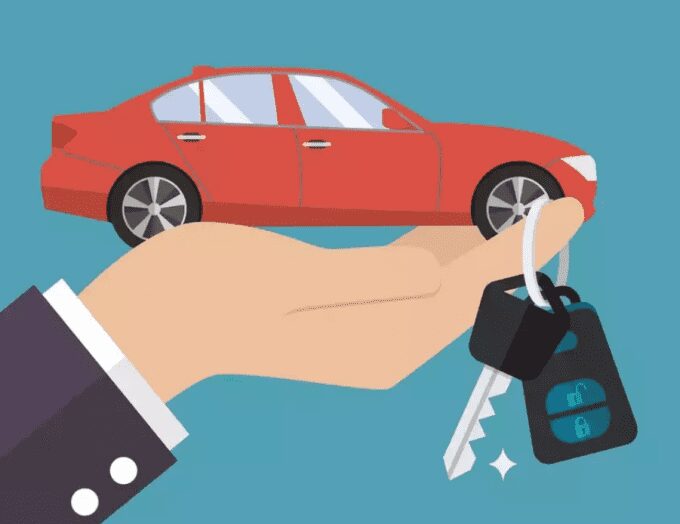
In addition to negotiating a short loan, you also want to present a sizable down payment. This further reduces how much interest you will be paying on the car. Many dealerships don’t require any down payment whatsoever. Some only require payments of a few hundred bucks. While that sounds nice on paper, it can lead to a scenario in which you pay more than the actual value of the car. You know you’ve financed a car correctly when your total cost doesn’t exceed the value of the car itself.
If you can, try to save at least 20% of the total purchase price of the car. This is a great way to know for sure that you can afford the vehicle in question. If you need help raising the funds, try asking a family member to help you out. You can pay them back at a much lower interest rate than any other lender would provide. Some friends or family members will even loan you money without charging any interest at all.
Pay Taxes, Service Charges, and Hidden Fees With Cash
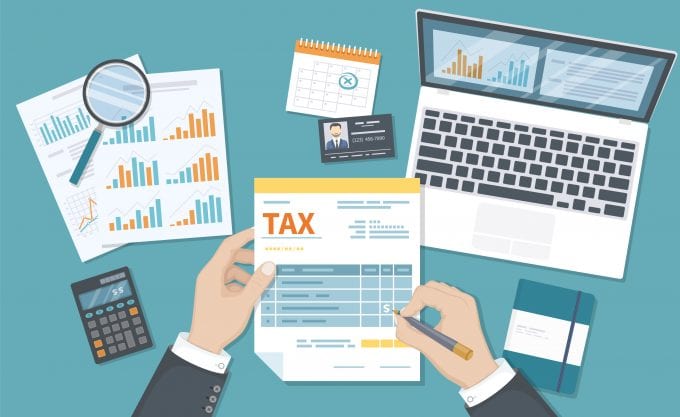
Many dealerships offer the ability to add upgrades and other small fees into the financing agreement. This is a bad idea because it puts your loan balance over the price of the car itself. If you needed to sell the car in an emergency, you wouldn’t even have enough cash to break even. Always pay for warranties, paperwork, and every other extra with your own cash.
A Few Other Things To Consider
With the main points out of the way, there are a few additional tips and tricks to make financing your car much less stressful.
GAP Insurance
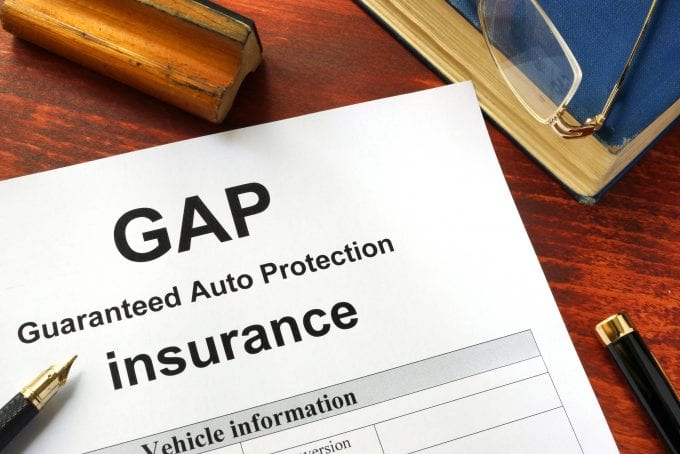
GAP insurance is a great addition to any new vehicle purchase. This agreement covers any gap in value between the car itself and the amount of money your insurance policy covers. This is excellent to have if you get into an accident with your new vehicle. Auto repairs are insanely expensive and can exceed your insurance easily. For instance, you may need a $12,000 repair done. Your insurance only covers up to $10,000 in damages. The GAP policy will reimburse the additional two grand you would pay out of pocket.
When Should You Refinance?
You really only need to refinance your vehicle if you get stuck in a truly awful loan term. However, this happens more often than it probably should. If your car is still relatively new, you can refinance it much like you would a mortgage. There are tons of places online that will give you free quotes. Just do your best to avoid any place that wants to lower your monthly payment by extending the term several years. You mainly want to focus on getting that interest rate lowered as much as possible.

